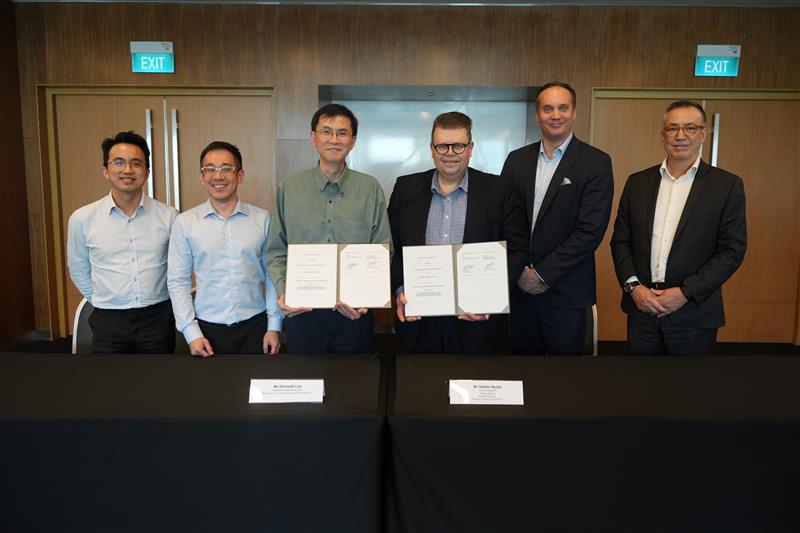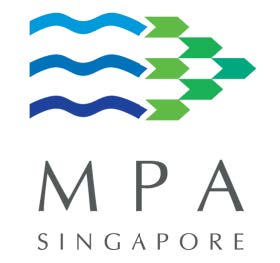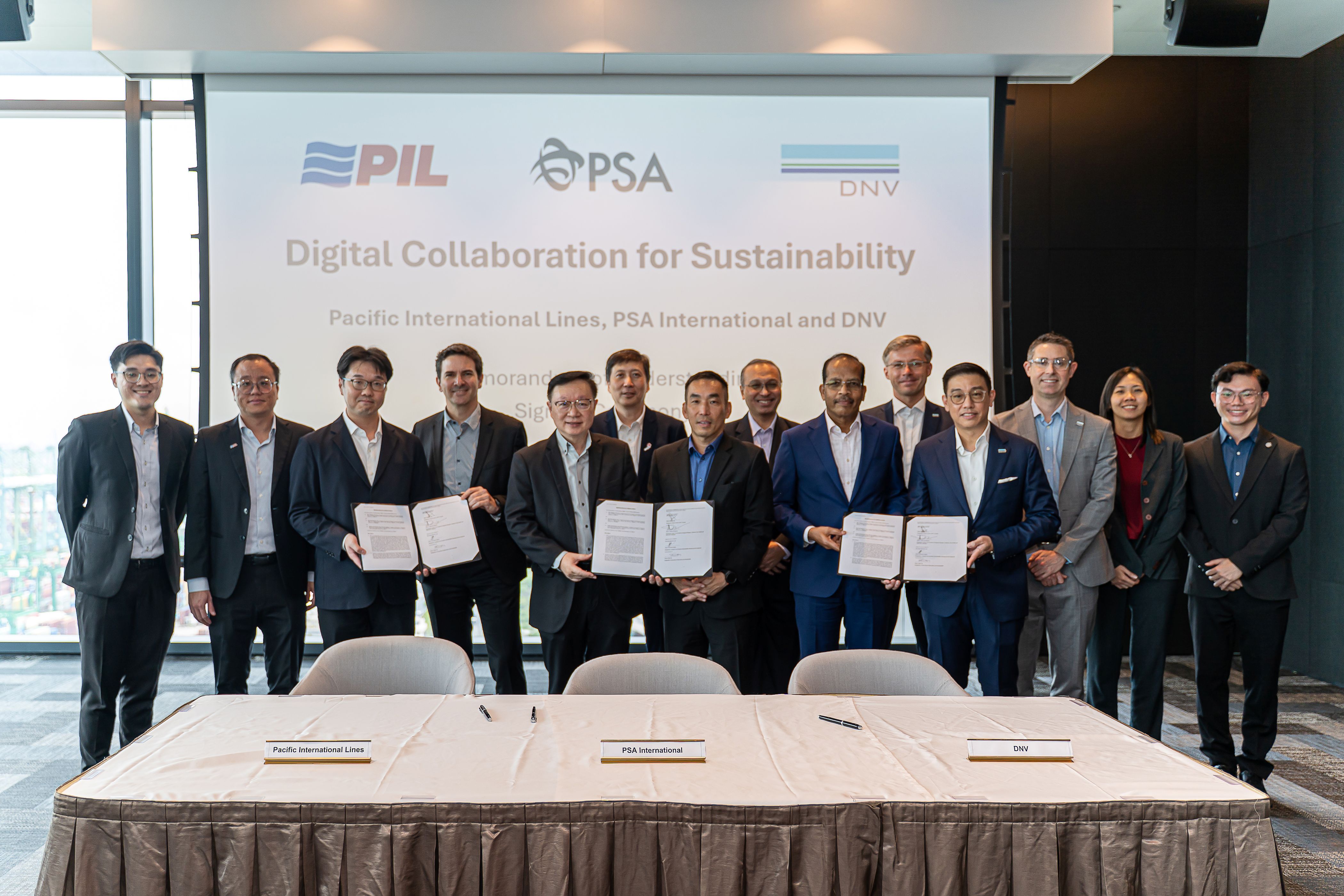The Sub-Committee on Pollution Prevention and Response has approved the revised Guidelines for the control and management of ships' biofouling to minimize the transfer of invasive aquatic species. It came during the Sub-Committee's 10th session (PPR 10, 24-28 April) and follows a comprehensive review of the Guidelines.
The 2023 Guidelines, which expand on and update the previous version, with a view to strengthening it and increasing its uptake, will be submitted to the Marine Environment Protection Committee (MEPC 80) for adoption.
The Sub-Committee also agreed to develop guidance on in-water cleaning at a future session. In this regard, the Sub-Committee recommended to MEPC 80 that the target completion year for the guidance should be extended to 2025, and that it should be renamed as "Development of guidance on matters relating to in-water cleaning". The Sub-Committee invited concrete proposals on the separate guidance.
The Sub-Committee also invited Member States and international organizations to submit relevant information on best practices for biofouling inspections and cleaning actions to the Organization as it may become available in the future.
The Biofouling Guidelines were first adopted
in 2011. The MEPC 72 session (2018) decided to initiate a review, to take into account best practices and experience as well as the latest research. In implementing this review, PPR 8 (2021) agreed that the Guidelines should be revised.
A separate guidance document provides advice relevant to owners and/or operators of recreational craft less than 24 meters in length. (Guidance for minimizing the transfer of invasive aquatic species as biofouling (hull fouling) for recreational craft -
MEPC.1/Circ.792).
Recommendations agreed for maritime transport of plastic pellets
Other topics on the agenda for PPR 10 included the seaborne carriage of plastic pellets.
The risks to the marine environment from plastic pellets haves been highlighted by incidents including the X-Press Pearl in 2021, during which 11,000 tonnes of plastic pellets were spilled off the shore of Sri Lanka.
The Sub-Committee agreed a draft MEPC circular on recommendations for the carriage of plastic pellets by sea in freight containers. The draft text will be submitted to the Sub-Committee on Carriage of Cargoes and Containers (CCC 9, which meets 20-29 September) for input.
The draft circular recommends that plastic pellets should be packed in good quality packagings which should be strong enough to withstand the shocks and loadings normally encountered during transport. Packaging should be constructed and closed so as to prevent any loss of contents which may be caused under normal conditions of transport, by vibration or acceleration forces.
Source:
IMO
The opinions expressed herein are the author's and not necessarily those of The Xinde Marine News.
Please Contact Us at:
media@xindemarine.com


 Baltic Exchange launches new Fuel Equivalence Conve
Baltic Exchange launches new Fuel Equivalence Conve  21 Consecutive Years of QUALSHIP 21 Recognition for
21 Consecutive Years of QUALSHIP 21 Recognition for  MPA and Wärtsilä Renew Partnership to Drive Marit
MPA and Wärtsilä Renew Partnership to Drive Marit  MPA and Dalian Maritime University Renew Partnershi
MPA and Dalian Maritime University Renew Partnershi  PSA INTERNATIONAL, DNV AND PACIFIC INTERNATIONAL LI
PSA INTERNATIONAL, DNV AND PACIFIC INTERNATIONAL LI  INTERCARGO Reaffirms Call for Simplicity as IMO Cli
INTERCARGO Reaffirms Call for Simplicity as IMO Cli